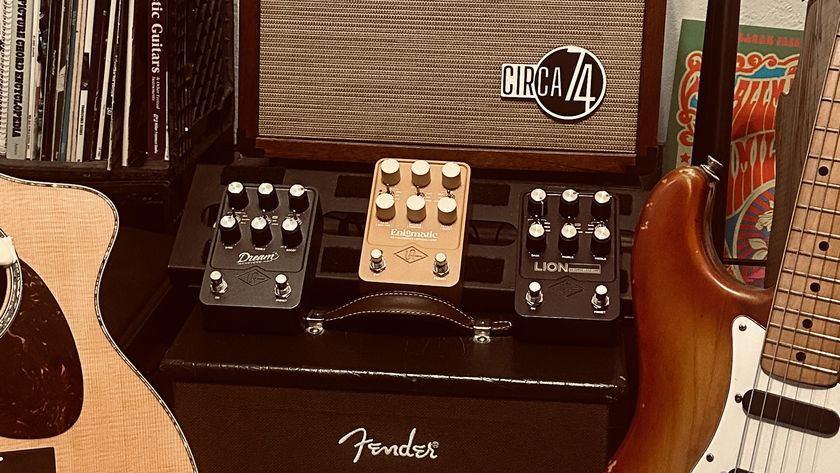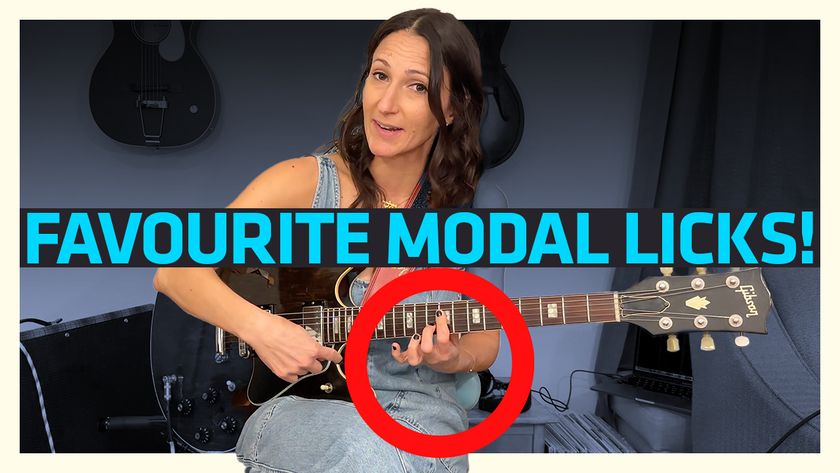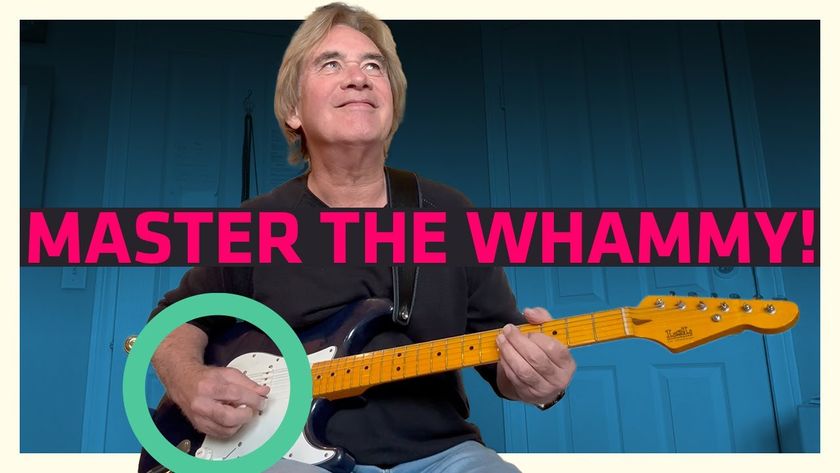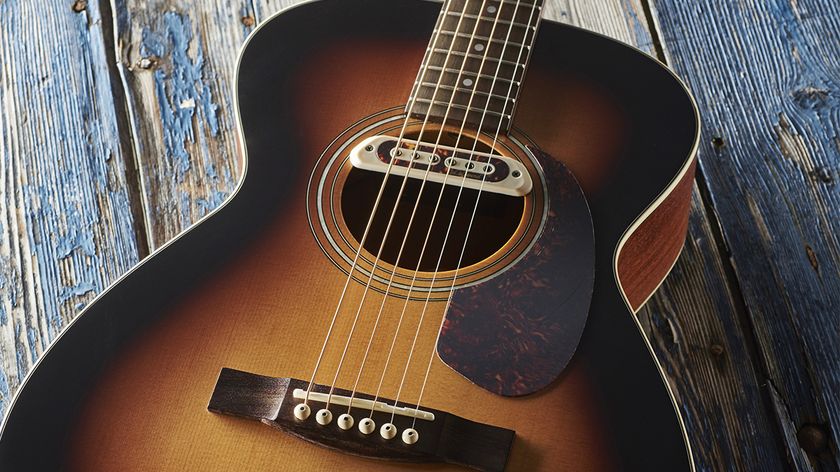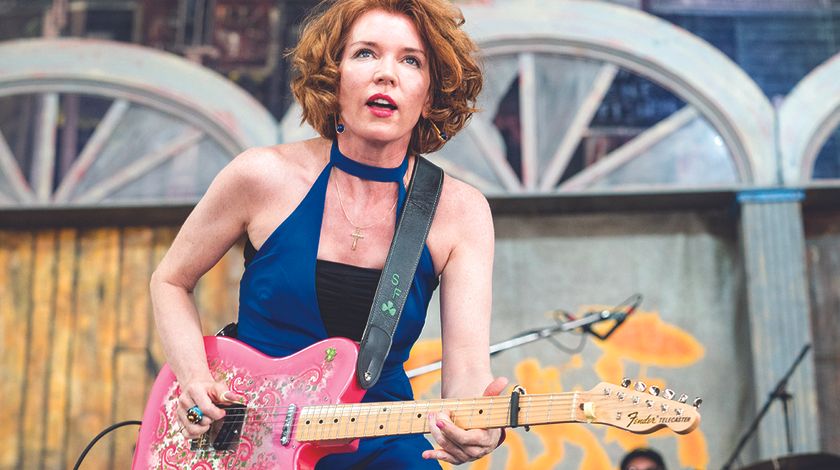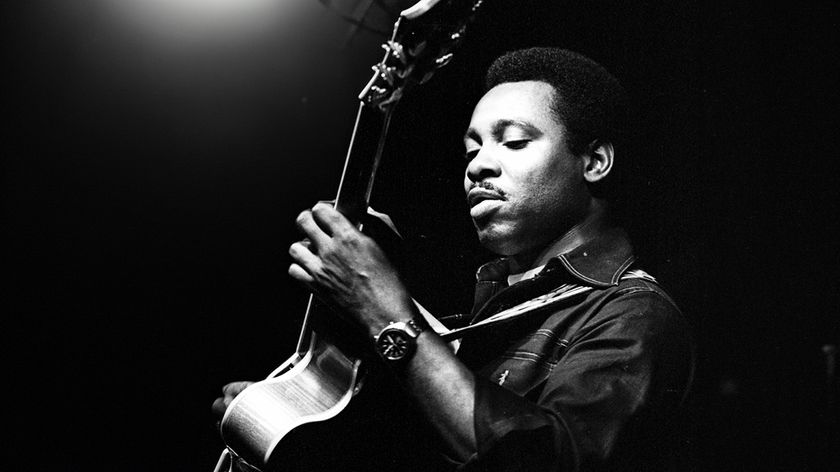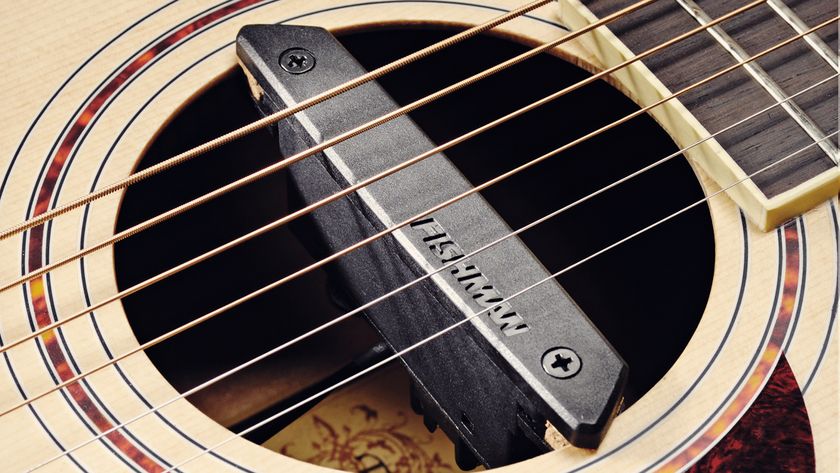Jazz Guru Bill Frisell’s Top Ten Tips For Guitarists
The Grammy-winning master offers some of the best wisdom any musician could hope to hear.

Bill Frisell is a giant among giants of the jazz guitar world. A contemporary of such legends as Johnny Smith (from whom he received lessons) and Pat Metheny (who gave him his first major break) he has spent a lifetime in music honing his craft.
Along the way, you could say he’s picked up a thing or two. And while he acknowledges that learning and practice are essential, he also emphasizes that there is a lot more to being a musician than many people think.
Referred to as “The Guitarist Who Changed the Sound of American Music” in the title of his new biography, Guitar Player caught up with Frisell to talk about the finer points of musicianship.
Here are ten of his best tips…

1. Listen
Listening is the number one thing – taking your attention away from yourself.
In one way it was good to get back to practicing and being in my own head during the Covid lockdown. But when you’re playing with a band, that’s not what you’re supposed to be doing.
You need to have your attention away from yourself. I don’t want to be thinking about what I’m doing. I want to be as focused as I can be on the people around me.
It helps me so much to just look at the other people in the band. It sort of opens everything up. It’s such a simple thing but it really helps the music for me.
Listening is such a huge thing. It sounds simple, but it’s a lifelong struggle to really, really listen.

2. Don’t Judge Yourself
What we perceive we’re doing when we play often has hardly anything to do with what’s coming out the front.
At the time you might think, This is the most badass shit I've ever played in my life! And then you listen to a recording and go, "What was I thinking?"
Or, you could be having some crisis in your head like, I just can’t play anything! But when you listen back it’s beautifully formed.
All that stuff in your head – you have to shut it down. The idea is to get rid of all that and just be immersed in the music.
Try not to attach yourself to whatever just happened. You have to be constantly shedding off the idea it was good or bad.
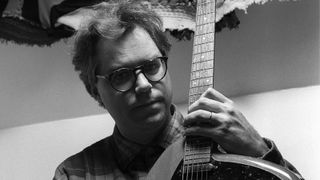
3. Be Present
If you have a really great night, like you’re all high off the gig, you can’t think, That was so great – let’s do that again at the next gig.
The reason it was great is because you were all in the moment and you were responding to whatever was going on around you.
You just have to be as present as you can at all times. It’s the most amazing thing when the whole band is in the moment. It’s like you’re not thinking.
Gigs can be completely different to what you expect, no matter what you do before to prepare.
You get there and there’s like a loud refrigerator motor going over here and a bunch of people yelling over there or whatever – just nothing like what you had been planning for.
But you can’t hold on to what you hoped it would be. It’s about acceptance and letting go. You just have to be there, present.

4. Embrace Mistakes
Mistakes are awesome. If you don’t freak out.
Like if you’re going for something and you mess it up, maybe the tendency is to think, Oh shit! I fucked it up! But again, it’s about listening.
If you listen to what it is, if you’re in the moment, it could be better than what you were trying to play.
If you make a mistake, what you play after it can make it sound right. If everyone in the band is in the zone – listening and trusting each other – it’s like you’re rescuing each other all the time.
It’s not supposed to be a contest. I’m really not into the whole ‘I’m right and you’re wrong’ thing. I mean, let’s try to make something cool with what just happened.

5. Practice is Great (Up to a Point)
I used to think that if you practiced real hard you get to this place where everything is just great all the time. But it’s just not so. The joy is being in the process.
Anyone that says they’ve got it completely together is lying.
I’ve seen that mess with people. You can’t think, I’m going to practice and get to this certain point and then I’m going to do something. Because you’ll never get there.
You just have to go for it right now and do the best you can, and just keep on pushing ahead.
You can’t wait until you’ve finished something before you get to the music.
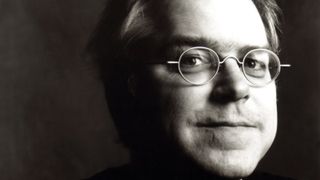
6. Don’t Think for Others
You’re the only one who truly knows how successful you are.
If you’re worried about what somebody else is going to think it’s just another thing that gets in the way of doing it. Because you’re never going to know what the audience is hearing.
For me, the most honest way to perform is to think, I love this and I’m going to do it as best I can.
If I’m feeling some kind of joy in what I’m doing, then hopefully the audience is going to hear that and get off on it. And if they don’t hear it, well there’s nothing I can do about that.
I’m lucky. I’ve had people listen to me play. But if I was just trying to figure out what they wanted to hear I’d be chasing around forever.
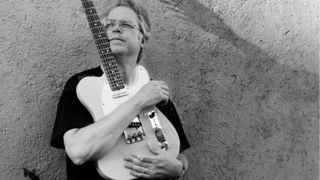
7. Be Yourself
I definitely spent time early on trying to be cool. Like maybe there would be a song I liked but I thought it was kind of corny, so I didn’t want people to know I really liked it. I wanted people to think I was this super hip blues guy or something.
But as time went by, I realized I had to be honest about who I am and where I came from.
I can’t take on the persona of someone else. I wasn’t a jazz guy that grew up in the ‘30s and ‘40s; I grew up in Denver in the ‘50s and ‘60s. That’s my experience.
Being honest with your own experience is going to make things way stronger. Don’t be afraid to show who you are and where you come from.
Sometimes it’s scary to put yourself out there, but try to overcome that and don’t be afraid to be you.

8. Destroy Competition
This whole idea that music is about competition – as if someone is better than someone else, or this instrument is harder than that one, like what are you talking about?!
I mean it doesn’t make sense. I love what John Andrew Rice, one of the founders of Black Mountain College, said:
“There are things learned through observation that cannot be learned any other way. Whatever cannot be expressed in words cannot be learned through words...
"The worthwhile struggle is the interior one, not against one’s fellows but against one’s ignorance and clumsiness.”
Instead of trying to keep score we should just be helping each other. We know how successful we are with trying to do what we’re trying to do. And that’s enough to worry about. We don’t have to be putting that on somebody else.
John Andrew Rice thought there shouldn’t be a winner and a loser in a debate – he believed it was about finding the truth, as opposed to being a contest.
That’s how I feel about music. Let’s try to get together and make something good. It’s not a competition.
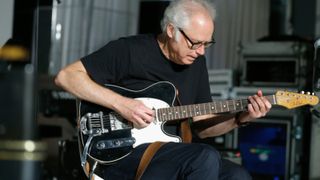
9. Take Chances
The music gets way higher when everyone in a band feels safe that they can take a chance. It’s a lot better to just go for it than be thinking, I better not try that because I might mess it up.
It might be good or bad, but that’s how you learn. It’s the only way to move ahead.
Skill is great, but there has to be some sort of story behind it. All this technical stuff is nothing if you’re not saying anything with it.
It’s about showing who you are – that’s all you can do, I guess. And that’s often not about what you learned in a book.

10. Learn to Forget
I know we need to practice our instruments, but you need to be able to shake that off when you’re really trying to play the music.
I’m in a privileged position because I have a lot of gigs, but if I practice all day and have all that stuff in my head later on at the gig it can be detrimental.
Sometimes, you’ll find there’s stuff you can do in practice that you can’t seem to bring into another scenario. You want to take it with you all the time, but it just doesn’t work that way.
When you’re on stage you’re not in your own living room, y’know?
We have to practice and learn things. If I’m learning a song, I want to get the song so deep down inside me that I’m not thinking about mathematics or numbers – that place where it becomes automatic. Like if you’re riding a bike, you’re making a million calculations but you’re not thinking about it.
Sonny Rollins (one of my biggest heroes) said that music is happening too fast to be thinking about it while you’re playing.
That totally makes sense to me.

Order Bill Frisell, Beautiful Dreamer: The Guitarist Who Changed the Sound of American Music by Philip Watson here.
Keep an eye on Frisell’s upcoming shows here.
Get The Pick Newsletter
All the latest guitar news, interviews, lessons, reviews, deals and more, direct to your inbox!
Rod Brakes is a music journalist with an expertise in guitars. Having spent many years at the coalface as a guitar dealer and tech, Rod's more recent work as a writer covering artists, industry pros and gear includes contributions for leading publications and websites such as Guitarist, Total Guitar, Guitar World, Guitar Player and MusicRadar in addition to specialist music books, blogs and social media. He is also a lifelong musician.

"This is something you could actually improvise with!" Add vibrant rhythms and sophisticated chords to your guitar playing with Jesse Cook’s five essential flamenco techniques
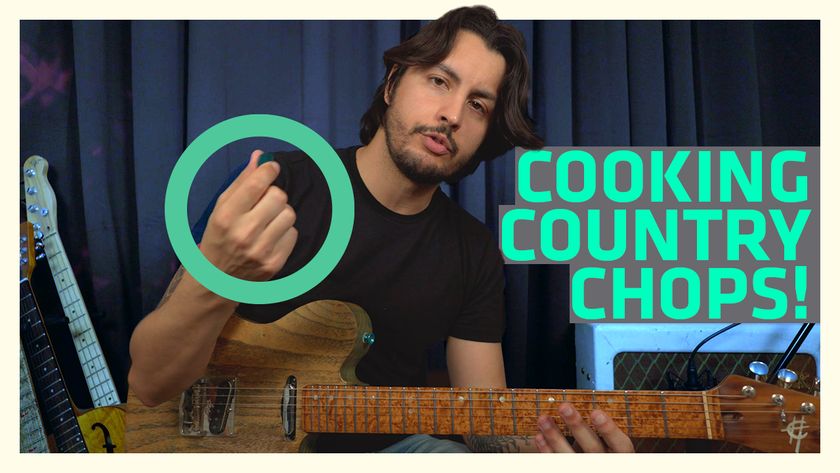
Learn 6 burning country rock licks! Matheus Canteri guides you through hybrid picking, slides, bends, muting, double-stops and more in our exclusive video lesson


